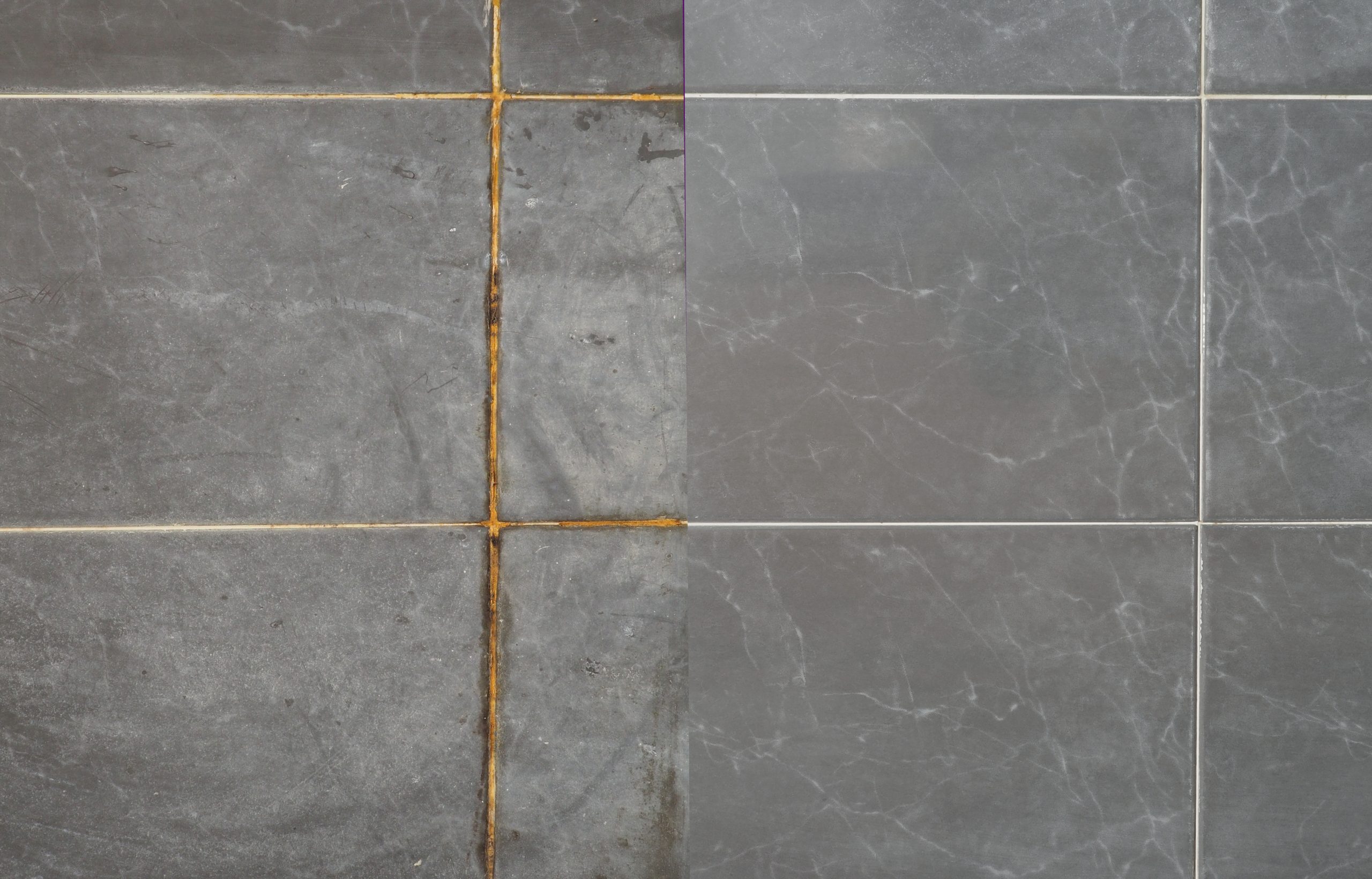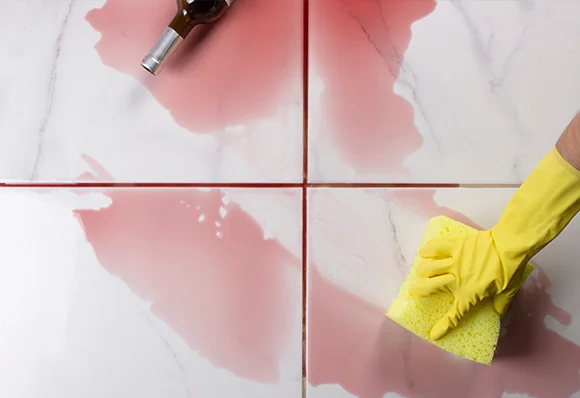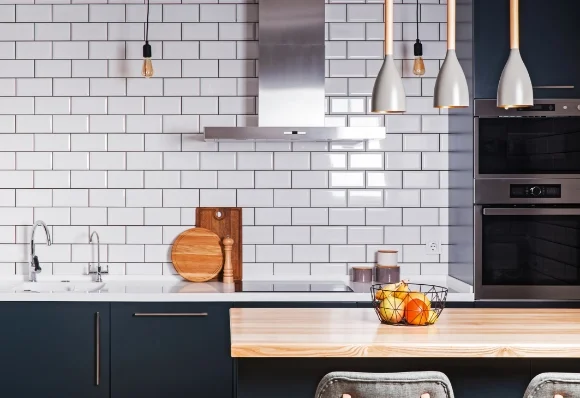
Menu
Edit
ADDRESS
Pidilite Industries Ltd,
Ramkrishna Mandir Road,
P.O. Box No. 17411,
Andheri (East) Mumbai – 400059
Check out the biggest trends of the season and our expert take on them.

For their durability and pleasing look, tiles are a common flooring and wall covering choice. Maintaining their immaculate appearance, however, calls for choosing the correct chemical for cleaning tiles. The best chemical for cleaning tiles depends largely on the type of tile you have. This guide will enable you to select the appropriate cleaning agent depending on the type of tile.
Hard, non-porous surfaces of ceramic and porcelain tiles make cleaning them rather simple. Usually enough for these tiles is a mild, pH-balanced cleanser. The best chemical for cleaning ceramic and porcelain tiles is typically a neutral pH cleaner that won’t damage the glaze or grout. Steer clear of abrasive or acidic cleansers since over time they will dull the finish and weaken the grout. For a more natural approach, look for commercial tile cleaning solutions marked safe for ceramic and porcelain or choose a mild dish soap combined with water.
Owing to their porous character, natural stone tiles like granite, marble, and travertine, demand more specialised treatment. Acidic cleaners, those using vinegar or lemon, may etch the stone and harm it. Rather, choose a pH-neutral cleanser meant especially for natural stone. These cleaners are meant to be efficient without damaging the surface of the stone. Ensure the chemical used to clean natural stone tiles is compatible with the type of stone you have to keep its shine and durability.
Due to their unusual texture and natural variances, slate tiles need light cleaning. Steer clear of scrubbing brushes and strong chemicals since they can scratch the surface. A moderate, non-acidic cleanser is the ideal chemical for polishing slate tiles. Search for items specially marked as safe for slate, or mix warm water with a little dish soap. To avoid residue accumulation, which over time might cause a dull look, rinse very well.
Often seen in busy locations, quarry tiles are robust yet can be permeable. Use a cleaner meant to pierce and eliminate grime without compromising the surface of the quarry tiles. For quarry tiles, an alkaline cleaner performs nicely since it efficiently breaks out grime and grease without damage. After cleaning, rinse the tiles well to remove any residue that could lead to staining or a buildup of grime.
Vitrified tiles, which are durable and low-porous, need a special cleaning. Use a moderate, pH-neutral cleaner to clean the dense surface without damage. Avoid harsh acidic or abrasive cleansers that fade tile. To avoid residue accumulation, use a vitrified tile solution or a light dish soap diluted in water and rinse the tiles well.
Selecting the correct chemical for tile type guarantees efficient cleaning without compromising the appearance or lifetime of the tile. By understanding the specific needs of your tiles and selecting the appropriate cleaning solution, you can maintain a spotless and beautiful tile surface for years to come.
For tile preservation, Roff Cera Clean and Tenax Brio Top are great options. Roff Cera Clean removes stains, dust, and white spots from vitrified tiles without affecting their gloss. Tenax Brio Top effectively removes oils and grease from natural stones and marble without haze. Both products leave a clean, durable finish.


